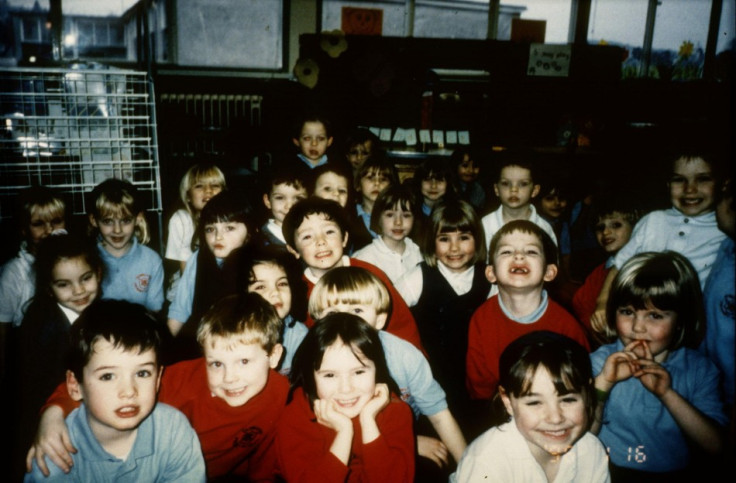Knowledge Gap Widens Between Have and Have-not Children

There is a huge gap in reading skills between children in the highest and lowest socio-economic groups, researchers from the Institute of Education, University of London, have found.
A study conducted by the university researchers on more than 10,000 children in 23 countries has found that children in the lowest socio-economic groups are more than two years behind in terms of reading skills compared to higher socio-economic groups children.
Researchers examined the reading skills of more than 10,000 pupils from various countries, who took part in the 2009 Programme for International Student Assessment (PISA) study.
Researchers then compared the difference in their scores between the advantaged and disadvantaged children in all countries.
"I was essentially comparing the test scores of children whose parents are, for example, labourers to those of the children of judges, doctors and lawyers," said Dr John Jerrim, researcher at the Institute of Education, University of London, in a statement
The study revealed that the gaps are two times higher in some developed areas like Scotland and England.
In Scotland, children from the higher social group are 2.75 years ahead compared to lower socio-economic group children. They also claim that Scotland has the highest gap between children from higher and lower social groups.
However, In England, children from the higher socio economic group are 2.5 years ahead compared to the lower socio groups in terms if reading skills. They also found that England has a bigger gap than 19 countries.
They found that countries like US and New Zealand have a much bigger knowledge gap than England and Scotland.
"A gap of two-and-a-half years even between high-performing pupils is exceptional. The only countries that had a bigger gap than England - apart from Scotland - were the United States and New Zealand," Dr Jerrim said.
Dr Jerrim claims that this study will help policy-makers bring in good policies that could help them bridge the knowledge gap between the highest and lowest socio-economic groups.
"Education policy over the last decade has focused considerable attention on improving the attainment of less able children from poor backgrounds, with some success," Dr Jerrim said.
"Now policymakers must turn their attention to reducing inequalities in educational achievement amongst the brightest children in society, to ensure that those from disadvantaged families are not left behind," he concluded.
© Copyright IBTimes 2024. All rights reserved.





